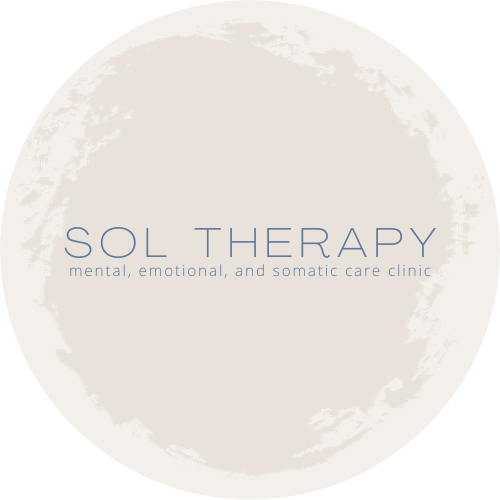Three Common Stigmas of Mental Health

Navigating Misunderstanding and Stereotyping in Mental Health
In a world where progress and compassion often lead the way, an unfortunate remnant of ignorance and bias persists—a deeply ingrained stigma surrounding mental health. This pervasive stigma stems from a complex web of misunderstandings and stereotypes that have perpetuated misconceptions about mental illnesses, casting an unwarranted shadow of shame and discrimination over those who grapple with such challenges. However, it is imperative to recognize that these misconceptions are mere distortions of reality, far removed from the truths that illuminate the lives of individuals facing mental health conditions. Just as the sun breaks through the clouds, revealing the beauty of the landscape beneath, it is time to dispel these clouds of ignorance and replace them with the warmth of understanding and empathy. In this journey towards a more compassionate society, where mental health is rightfully embraced and supported, the first steps begin with acknowledging the prevalence of misunderstanding and stereotyping that we must collectively overcome.
Misunderstanding and Stereotyping
Unfortunately, a prevailing stigma surrounding mental health stems from misunderstandings and stereotyping.
Many people hold misconceptions about mental illnesses, such as believing they are a sign of weakness, are dangerous, or that individuals with mental health challenges are helpless and unable to lead fulfilling lives. These stereotypes are entirely untrue.
While untreated mental health conditions can present challenges, countless individuals thrive and live meaningful lives despite their conditions. A mental health diagnosis should not be seen as life imprisonment. It is essential to recognize that people with mental health conditions can overcome obstacles, balance and manage well l, and achieve personal growth while living a full life.
Social Stigma and Discrimination
Individuals with mental health conditions often face prejudice in various areas of their lives, including employment, education, relationships, and housing.
This social stigma can have damaging effects, leading to feelings of shame, isolation, and low self-esteem, which does no help at all. It is important to acknowledge that society tends to be more accepting and understanding towards physical illnesses like cancer or leukemia, showing kindness and compassion. While that is absolutely needed, we can all show the same amount of acceptance, kindness, and compassion to those living with mental health crises, as often, society can be very unkind towards those with mental health conditions. However, it’s important to understand that the brain is an integral organ of our bodies, like our hearts, lungs, skin, and blood. Just as these organs can fall ill or experience dysfunction, our brains can face challenges too.
We need to extend the same empathy and support to mental health conditions.
Self-Stigma and Internalized Shame
Another significant stigma is self-stigma or internalized shame.
This happens when people with mental health concerns start believing the negative stereotypes and judgments surrounding mental illness. They may feel ashamed or view themselves as flawed and inadequate because of their condition. This self-stigma can hinder seeking help, openly discussing struggles, and accessing the necessary treatment and support.
Creating an environment where individuals feel safe and empowered to seek help without judgment or self-blame is crucial. By addressing these stigmas with empathy, education, and open dialogue, we can foster a more inclusive society that supports the mental well-being of all individuals. It is essential to recognize that mental health challenges do not define a person’s worth or capabilities and that seeking help is a sign of strength, courage, and self-care.
At Sol Therapy, we offer a compassionate community of therapists ready to serve and support the wider community.
If you or someone you’re acquainted with is in need of mental health assistance, please don’t hesitate to reach out, even if it seems difficult. The path to healing is achievable and valuable. Seeking help is normal and an important step forward.
Author: Chloe Chotrani
Image: Jeremy Perkins
